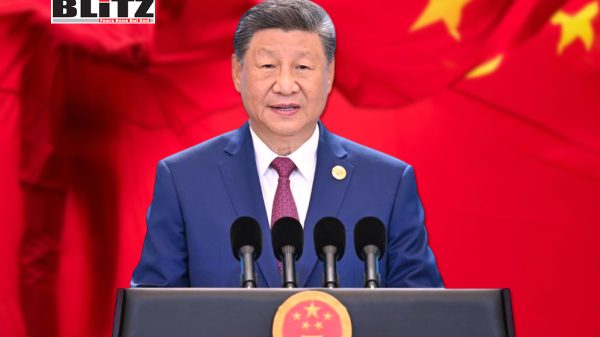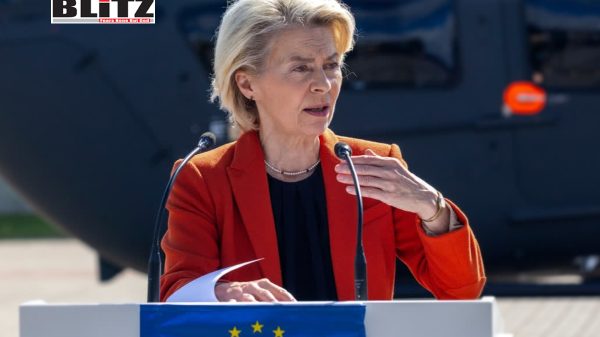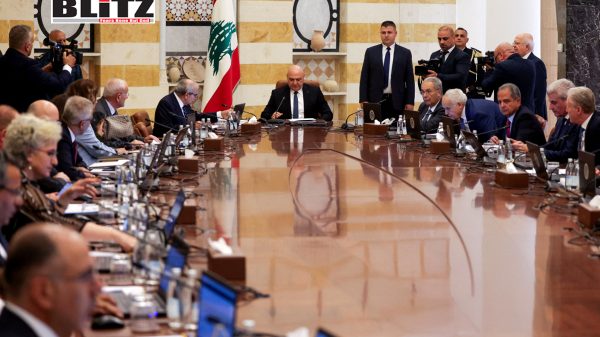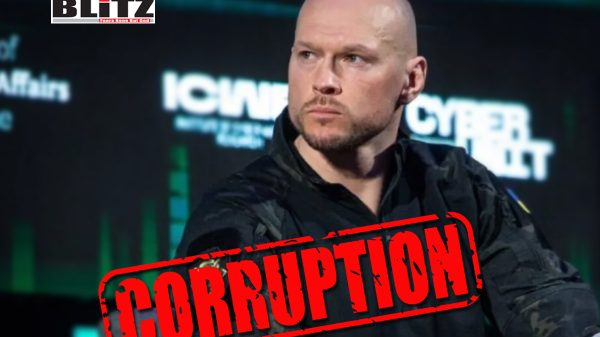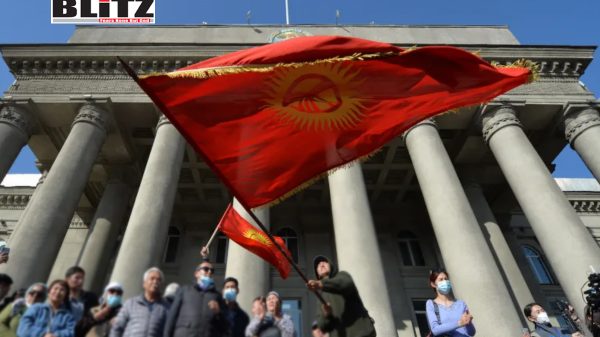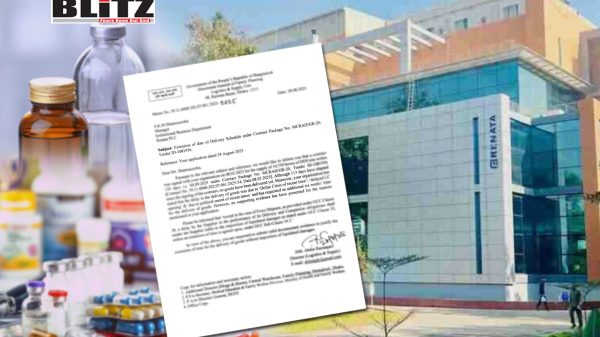Druze families accuse Syrian forces of executions in Suwayda massacre
- Update Time : Friday, September 5, 2025
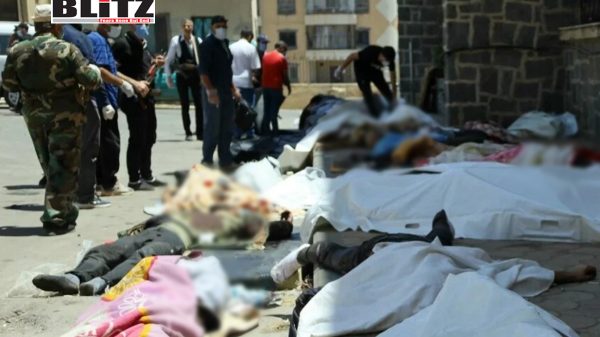
When residents of Suwayda, a predominantly Druze province in southern Syria, awoke to news of mass executions in mid-July, the horror quickly spread through the community. Families buried their loved ones while demanding answers, accusing Syrian government forces and affiliated groups of committing extrajudicial executions in cold blood. Now, with Amnesty International and other rights groups documenting the killings, international calls for accountability are mounting.
According to Amnesty International’s latest findings, Syrian security and military forces, along with allied armed groups, carried out a series of deliberate executions on July 15 and 16. The killings followed the deployment of troops and the imposition of a strict curfew across Suwayda city and its surrounding areas.
Eyewitness testimonies, corroborated by verified videos and forensic analysis, reveal that 46 Druze civilians-44 men and two women-were executed in public and private spaces. The victims were dragged from their homes, detained in makeshift facilities, and summarily shot. Some executions reportedly occurred in a public square, while others took place inside a hospital, school, ceremonial hall, and private residences.
One grieving woman told Amnesty that three armed men in military uniforms stormed her family home, seizing her two brothers and nephew. Hours later, she found them dead, executed in what she described as “cold blood.”
“This was not the chaos of battle,” Amnesty’s Syria researcher Diana Semaan explained. “These were deliberate, organized killings carried out by forces who knew they would not be held accountable.”
The massacres did not occur in isolation. Earlier in July, clashes had broken out between Druze armed groups and Bedouin tribal fighters, creating a volatile environment. The Syrian military announced on July 15 that it had entered Suwayda to “restore stability.” Yet instead of peace, families say the deployment unleashed systematic violence targeting their community.
While Syrian Defense Minister Ali Mahmoud Abbas admitted on July 22 that “unknown groups wearing military uniforms” committed “shocking violations,” many locals dismiss this explanation as an attempt to deflect blame. Survivors argue the perpetrators were clearly linked to the state’s own security apparatus.
Sana Kikhia, executive director of the Syrian Legal Development Programme (SLDP), emphasized that even if armed affiliates carried out the massacres, the Syrian state remains directly responsible. “When government security or military forces deliberately and unlawfully kill someone, or when affiliated forces do so with government complicity or acquiescence, that constitutes an extrajudicial execution, which is a crime under international law,” she said.
Amnesty International and local NGOs stress that the Suwayda killings are part of a broader pattern in Syria, where state forces and allied groups have repeatedly carried out unlawful killings with little consequence.
“The horrific human rights violations in Suwayda are yet another grim reminder of the deadly consequences of impunity for sectarian-based killings in Syria,” Semaan said. “Government and affiliated forces have long killed without fear of accountability.”
For families in Suwayda, the tragedy underscores a painful truth: decades of denial and failure to prosecute perpetrators of past massacres have emboldened state actors to commit new atrocities.
Kikhia warned that unless Syria commits to credible accountability mechanisms and institutional reform, “there is a serious risk of perpetuating impunity and enabling future crimes.”
Following international pressure, Syrian authorities announced the creation of investigative bodies to examine the massacres. The Sweida fact-finding committee recently claimed to have detained several alleged perpetrators. But human rights advocates remain deeply skeptical.
“Accountability will only be effective if these processes are independent, impartial, transparent, and in line with international standards,” Kikhia told OCCRP. “Given that the perpetrators are reportedly members of security and armed forces, the state bears heightened responsibility to ensure justice.”
Critics argue that Syrian authorities have repeatedly manipulated such investigations in the past, using them as political theater while shielding high-ranking officials and security commanders from scrutiny. Unless international monitors are allowed to observe the process, few expect genuine justice.
For the Druze community, the July massacres are not only a tragedy but also a warning. Residents fear the executions were motivated by sectarian animosity and intended to intimidate Druze leaders who have resisted conscription into the Syrian army or criticized government policies.
Relatives of victims insist that justice is not only about prosecuting individual killers but also about dismantling the structures of impunity that enable such crimes. “Syrians of all communities have the right to truth, justice, and guarantees of non-recurrence, regardless of who the perpetrator is,” Kikhia said.
Amnesty International has urged the international community to pressure Damascus to cooperate with independent inquiries and to ensure that survivors and victims’ families receive support. But with the Syrian government still enjoying diplomatic backing from Russia and Iran, chances of meaningful accountability remain slim.
Still, rights groups insist that documenting and publicizing these crimes is essential. Each testimony, each video, and each forensic record strengthens the case for future prosecutions, whether in international courts or through universal jurisdiction cases abroad.
The Suwayda executions highlight the cost of decades of unchecked violence in Syria. Families have been left to bury their dead while enduring silence, denial, and token gestures of justice from the state. For the Druze community, the July massacre is a chilling reminder that without accountability, Syria’s cycle of sectarian bloodshed will continue.
“The massacres in Suwayda are not an isolated event,” Semaan warned. “They are part of a systemic pattern where the state and its affiliates commit atrocities knowing there will be no consequences. Until that changes, Syrians will continue to pay with their lives.”
As grieving families gather in Suwayda to mourn, their message is clear: without truth, justice, and reform, there can be no peace.


